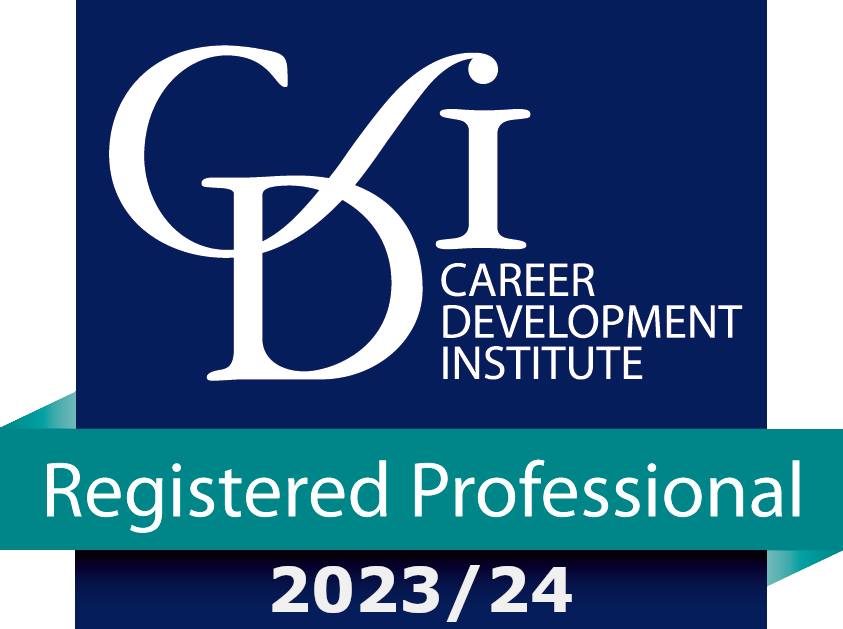CEIAG for Headteachers, Governors and SLT
- Ofsted aren’t interested in careers learning – September 2015 update
Ofsted aren’t interested in careers learning – September 2015 update
Monday 15th June 2015
Back in April 2014 Leading Learner aka Stephen Tierney did the me singular honour of allowing me to be the first guest blog on his site. Today I’d like to follow on from my comments in that blog, updated by the new
- Ofsted Common Inspection Framework & updated Schools Inspection Handbook in use from Sept 15,
- The updated statutory duty for careers which was published in March this year and
- The Foundation Code which was published by ASCL, AoC & the 157 group amongst others, which provides evidence linking high quality careers learning with improved results and outcomes for young people.
In my original blog I said
A head teacher’s job is about ensuring they have people around them to guarantee that the school does its best to achieve what it needs to deliver.
That remains the case, however, I hope that more heads can start to see the value of careers learning as it transforms from the post Connexions chrysalis that appears to have been semi dormant for the past 3 years.
I can see a post Connexions butterfly that looks something like this representation. No longer is careers a half hour interview in year 11. It’s now a cross curricular, multi faceted programme which relies no longer on a teacher with a free lesson or two and a careers adviser that comes in once a week.
This new model is underlined by the call in the Statutory Duty for Careers for all schools to undertake a Quality in Careers Standard Award. Whilst it isn’t yet compulsory, it is recommended for the simple reason that undertaking the award allows the school to improve in a way that facilitates pupils aspirations but also become more engaged by the subjects which they study at school. Details can be found on the Quality in Careers website.
So what does this new model mean for my school?
The need for Governor involvement (A link governor for careers learning)
The statutory duty for careers place responsibility for ensuring a cohesive programme of targeted and evaluated careers learning firmly on the shoulders of governors.
A careers learning subject specialist
A careers adviser or teacher who has oversight of the entirety of the programme, whose job it is to ensure SLT and Governors are up to date with requirements and undertake evaluation to improve efficacy.
Community involvement responsibility
Somebody to coordinate, plan, execute and quality assure
- Activities by employers and or parents,
- Trip to workplaces
- Skype visits or teleconferences
- Alumni and Peer involvement etc
Teachers
Teachers are the most approached people when 11-19 year olds are looking for career information. Most teachers, traditionally, have had a conversation based around their own experience or sent the young person off to the careers adviser. This is no longer sufficient under the new system of multi faceted careers learning. They have wider ranging roles which spreads across tutorial, teaching and management roles. In short, at the very least, every teacher should have some CPD on having effective careers conversations. Every department should have lessons which contain workplace based examples or activities, videos showing people at work, visits to workplaces so that pupils can be exposed to the world of work and start to understand its differences to the world of education. I’m sure we can enter into a conversation about the ever growing role of the teacher but the fact of the matter is without teachers having these conversations most of our young people are liable to end up dropping out of courses which they chose without adequate support.
What does it mean for the SLT?
Headteachers have a lot of responsibilities and without arguing about the rights and wrongs of the league tables based around exam results and Ofsted grades Heads understand that without that public ‘seal of approval’ life can be very grim indeed. So, I’d like to take this opportunity to set out simply the reasons why careers learning should be further up your ‘to do’ list than it probably is at the moment.
Why careers learning, as a cross curricular theme is so important to your Ofsted judgement
Out of the 6 main judgment areas in Ofsted reports, careers learning now has an impact on 4, and of course in turn has an effect on the remaining 2 in passing.
- Overall effectiveness
- Effectiveness of leadership and management
- Quality of teaching, learning and assessment
- Personal development, behaviour and welfare
- Outcomes for children and learners
- The effectiveness of Early Years and sixth form provision, where applicable
Effectiveness of leadership and management
Outstanding
- High quality, impartial careers guidance helps pupils to make informed choices about which courses suit their academic needs and aspirations. They are prepared for the next stage of their education, employment, self-employment or training.
- Governors systematically challenge senior leaders so that the effective deployment of staff and resources, including the pupil premium and SEN funding, secures excellent outcomes for pupils. Governors do not shy away from challenging leaders about variations in outcomes for pupil groups, especially between disadvantaged and other pupils.
- Leaders promote equality of opportunity and diversity exceptionally well, for pupils and staff, so that the ethos and culture of the whole school counters any form of direct or indirect discriminatory behaviour. Leaders, staff and pupils do not tolerate prejudiced behaviour. (challenging stereotyping is one aspect of careers learning)
Good
- Pupils use careers guidance to make choices about the next stage of their education, employment, self-employment or training.
- Leaders and governors are ambitious for all pupils and promote improvement effectively. The school’s actions secure improvement in disadvantaged pupils’ progress, which is rising, including in English and mathematics.
- Governors hold senior leaders stringently to account for all aspects of the school’s performance, including the use of pupil premium and SEN funding, ensuring that the skilful deployment of staff and resources delivers good or improving outcomes for pupils.
Personal development, behaviour and welfare
Outstanding
- High quality, impartial careers guidance helps pupils to make informed choices about which courses suit their academic needs and aspirations. They are prepared for the next stage of their education, employment, self-employment or training.
- Pupils understand how their education equips them with the behaviours and attitudes necessary for success in their next stage of education, training or employment and for their adult life.
Good
- Pupils use careers guidance to make choices about the next stage of their education, employment, self-employment or training.
Inadequate
- Pupils show negative attitudes about the value of good manners and behaviour as key factors in school life, adult life and work.
Outcomes for children and learners
Outstanding
- Pupils are exceptionally well prepared for the next stage of their education, training or employment and have attained relevant qualifications. Compared with the national average for all pupils, higher proportions of pupils and of disadvantaged pupils, progress on to a range of higher and further education establishments, apprenticeships, employment or training. These destinations strongly support their career plans.
Good
- Pupils are well prepared for the next stage of their education, training or employment and have attained relevant qualifications. The proportion of pupils progressing to higher and further education establishments, apprenticeships, employment or training is close to or above average. These pupils do so at a level suitable to meet appropriate career plans.
Inadequate
- Pupils’ proficiency in reading, writing or mathematics is not sufficiently strong for them to succeed in the next year or stage of education, or in training or employment.
- Pupils have not attained the qualifications appropriate for them to progress on to their next stage of education, training or employment.
The effectiveness of Early Years and sixth form provision, where applicable
Inspectors will consider how well:
- study programmes for each learner are planned and managed so that they meet fully the principles of the DfE’s 16 to 19 study programmes[1] by providing progression, stretch, mathematics and English for all learners without GCSE grades A* to C, as well as work experience and non-qualification activities
- learners develop personal, social, employability and independent learning skills and achieve high levels of punctuality, attendance and conduct, including through the contribution of non-qualification or enrichment activities and/or work experience
- learners, and groups of learners, progress to the planned next stage in their careers, such as a higher level of education or training, or to employment or an apprenticeship
[1] The guidance on 16 to 19 study programmes www.gov.uk/government/publications/16-to-19-study-programmes-advice-on-planning-and-delivery provides a set of principles that cover all 16 to 19 provision (other than apprenticeships and traineeships) in all settings.
Grade descriptors
Outstanding
- High-quality impartial careers guidance ensures that learners follow study programmes that build on their prior attainment and enable them to develop clear, ambitious and realistic plans for their future. Learners understand the options available and are informed about local and national skills needs.
Good
- Impartial careers guidance ensures that learners undertake study programmes that build on their prior attainment and enables them to develop clear and realistic plans for their future.
- The great majority of learners progress to higher levels during and after their study programme. They complete their study programmes, achieve qualifications relevant to their career aims and move on to sustained education, employment, training or an apprenticeship.





